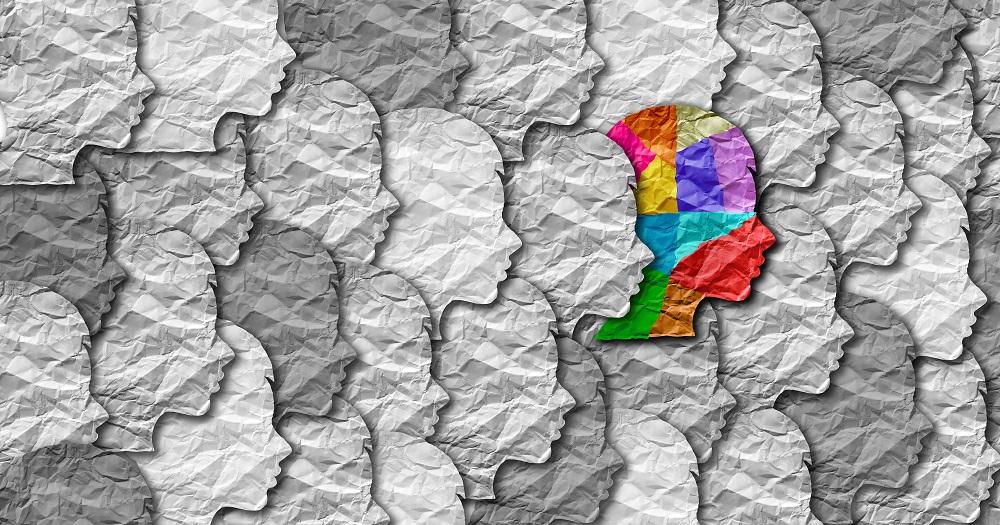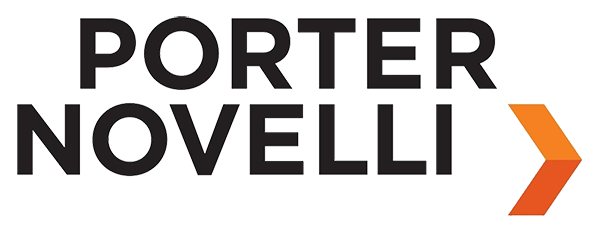Organizations Celebrate Autism Awareness and Neurodiversity

Organizations Celebrate Autism Awareness and Neurodiversity
Today, we celebrate World Autism Awareness Day. It is an opportunity to acknowledge, learn more about and reduce the stigma surrounding neurodiversity, a viewpoint that brain differences are normal, rather than deficits. This week we explore three organizations that are creating empowering opportunities for the 3.5 million Americans who live with an autism spectrum disorder and another 400,000 who live with Down syndrome today.
- Airbnb has been growing its accessibility efforts to ensure its stays are truly for everyone. The vacation rental company’s most recent inclusion effort has built online experiences to specifically serve persons who are neurodiverse. Suzanne Edwards, Airbnb head of hosting accessibility standards, explained that the hope is “these activities will help guests become more comfortable with a new activity or use them to connect with loved ones." The dozens of new offerings included dance and music classes that can improve coordination and painting lessons that virtually and peacefully travel guests to California.
- Sting and Italian Down syndrome organization, CoorDown, honored World Down Syndrome Day on March 21st, with a new campaign showing the cascading positive effects of neurodiversity inclusion. The effort, supported by LinkedIn, calls for more diverse hiring by directing viewers to Hiring Chain, an organization which affirms “that job inclusion is not only a right to be guaranteed now more than ever for every person, but it brings benefits in the workplace and in society at large.”
- PBS KIDS is also expanding its representation and inclusion efforts by adding a recurring character with autism on the show “Daniel Tiger’s Neighborhood.” What's equally as important as having a character that is neurodiverse, the character is also voiced by a teenager on the spectrum. ‘Max’ will be introduced on the show this month to coincide with Autism Acceptance Month.
As these examples showed today, brands have the power to not only change people's perceptions but also create more opportunities for people who have different cognitive styles. This is reflected by the 78 percent of Americans who say it is no longer acceptable for companies just to make money, but need to positively impact society as well. So as we continue to celebrate autism awareness and acceptance, brands should be thinking about advancing the positive rhetoric around neurodiversity and broaden the impact of products and services.

